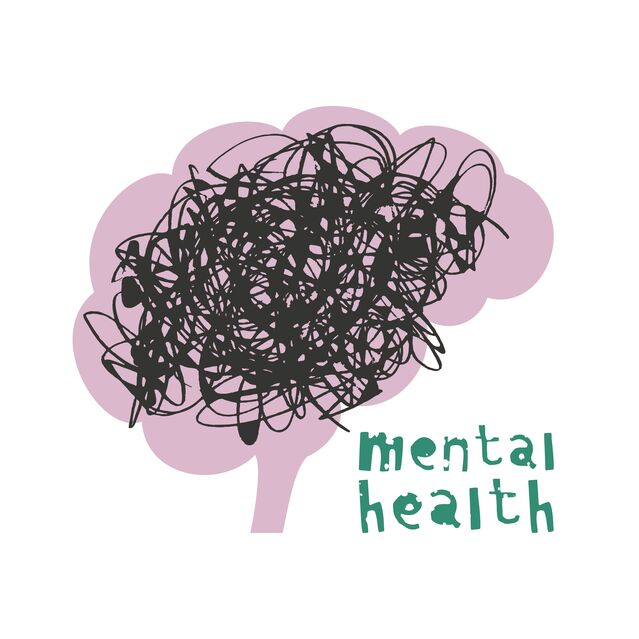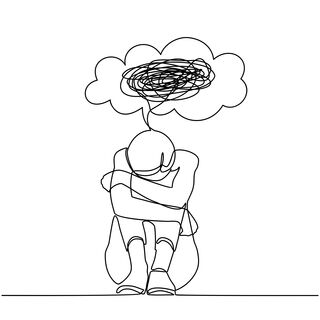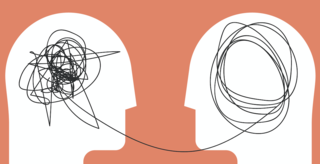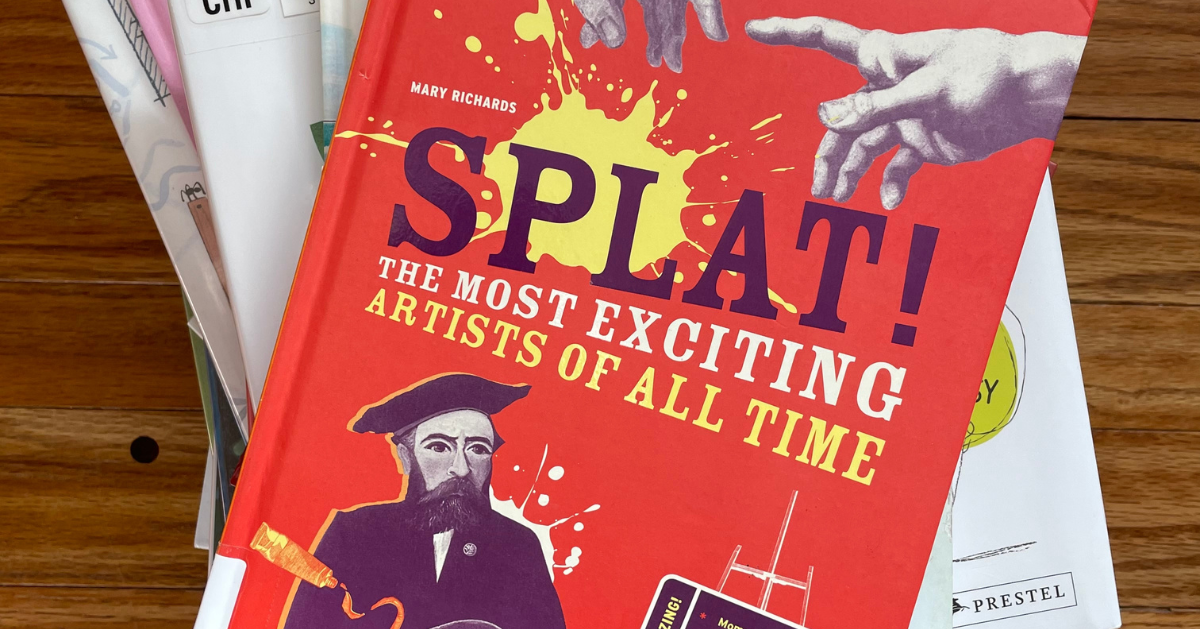
As much as my physical health sucks right now, (i.e. I’m getting an infusion of iron tomorrow for my anemia since my red blood count has dropped so low), I remain extraordinarily grateful for my stable emotional health.
Source: © Astafjeva | Shutterstock
Yes, it’s taken a bit of a hit since the stroke in 2018 and with this recent second stroke, but as Dr. L. pointed out, if I hadn’t had the foundation I had when the stroke occurred, the subsequent depression could have been much worse.
I remain grateful for the support I’ve had from my family – the expression of unconditional love from my mother, until her death in 2002 and always, my brother. I remain grateful for the access to all the different kinds of treatment I’ve had – both the types of treatment, such as dialectical behavior therapy and transference-focused psychotherapy, and being able to access the level of care I needed at the right time. Long-term psychiatric units that treat BPD simply don’t exist anymore, especially like the one I was a patient on for 10 months that immersed us in DBT. I wouldn’t be able to stay in a halfway house for three years today, with a counselor who became a powerful role model.
My first two hospitalizations for anorexia were six months and four months while I gained back the weight I needed at a slow pace. Unfortunately, back then in 1987 and 1988, the treatment philosophy consisted of little more than regaining weight. The complexities of anorexia and the brain were not yet well-known.
When I was getting the loop monitor implanted last week to monitor my heart for a-fib, the doctor first had to numb the area with an injection of lidocaine and epinephrine. Don’t ask me why epinephrine. That was the most painful part and the nurse said to me afterward that she has seen many men whimper and cry out during that procedure.
Whenever a medical professional says that to me, if it’s the right time (which it didn’t seem to be that day), my replay is simply “depression hurts more than any physical illness or procedure I’ve ever had.”

Source: © Back one line | Shutterstock
There is nothing as painful as suicidal depression because it permeates every millimeter of your body and there is no relief. No amount of oxycodone or Percocet can numb the pain. We don’t sleep. The depression, the eating disorder, the BPD is not only with us 24/7, it becomes part of who we are. It latches on to our cells, our neurons, our DNA and refuses to let go. It hurts so much all we can do is sob.
I remain grateful I haven’t been in that desperate place since 2014, when I tried to kill myself. I recall laying on the carpet in my living room during the hours before the sun rose, howling like a wounded animal, snot running from my nose. I didn’t care. I felt as though I was a burden. I felt hopeless.
I understand that COVID-19 has flooded our country with feelings of anxiety and depression, of angst and despair. This pandemic requires that we social distance and wear masks that hide half of our face and rob others of the chance to see us smiling.
How do we support each other and each other’s mental health during this time that seems to promote isolation? How do we comfort each other when we are not permitted to hug or touch each other?

Source: © Paul Craft | Shutterstock
We listen. Without reservation and without judgment. With a clear mind and an empty head. Without formulating our answer, ready to jump in. Without trying to fix things.
We listen because people want to be heard. They want to feel they’ve been understood. Listened to with empathy and compassion.
So when you ask your friend, your co-worker, your sister, “how are you,” whether you are on your cell or on Zoom, be prepared to spend some time. As much time as they need.
Thanks for reading.
Be well.
Andrea





